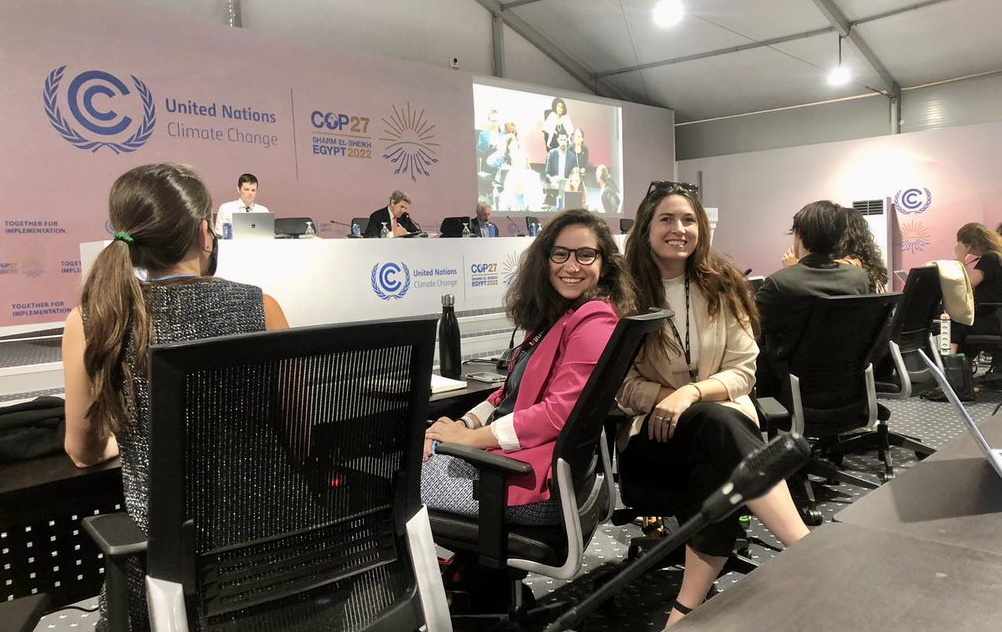Esther Kiobel is a human rights defender currently in ecological exile. She comes from Ogoni land, a kingdom with a rich reserve of fossil fuels, which has been laid desolate over time due to overexploitation from the oil company Shell Nigeria. Kiobel filed a class action lawsuit against Shell in 2012 due to human rights abuses, but at the heart of the case was the environmental degradation of the Ogoni region of Niger Delta due to the exploitation of oil.
Read MoreProfessor Wangari Maathai, a 2004 Nobel Peace Prize Laureate and founder of Green Belt Movement mentioned; “Today we are faced with a challenge that calls for a shift in our thinking, so that humanity stops threatening its life-support system. We are called to assist earth to heal her wounds and, in the process, heal our own.” As the first African woman to receive the coveted Nobel Peace prize award, she showed what is possible especially for women and youth from across Africa to raise their voice and take more agency in addressing issues relating to climate change, poverty and hunger.
Read MoreOn November 30, 2022, The Fletcher School at Tufts University hosted a Post COP27 Debrief session with Dean Rachel Kyte, Academic Dean Kelly Sims Gallagher, and student delegates to document successes and failures at COP 27 in Sharm El-Sheikh, Egypt, at the end of the two-week conference in November 2022.
Read MoreCOP27 was a whirlwind of negotiations, panels, side events, and conversations. Being able to actually sit in on some of the negotiations cemented the significance that each and every word has in the final text. The negotiations were extended and then concluded after I had returned to the U.S., and left some feeling of defeat. The failure to include a complete phaseout of fossil fuels and their subsidies signaled to some that the goal of limiting warming to 1.5 degrees is slipping out of reach.
Read MoreNestled between rugged mountains surrounded by sprawling desert and the Red Sea, the Egyptian city of Sharm El Sheikh hosted over 45,000 people from across the globe for COP27. In its 27th year, the Conference of the Parties (COP) of the United Nations Framework Convention on Climate Change (UNFCCC) has finally acknowledged the role agriculture and food systems play in contributing to climate change but also leveraging them as tools for mitigating and adapting to climate change.
Read More




